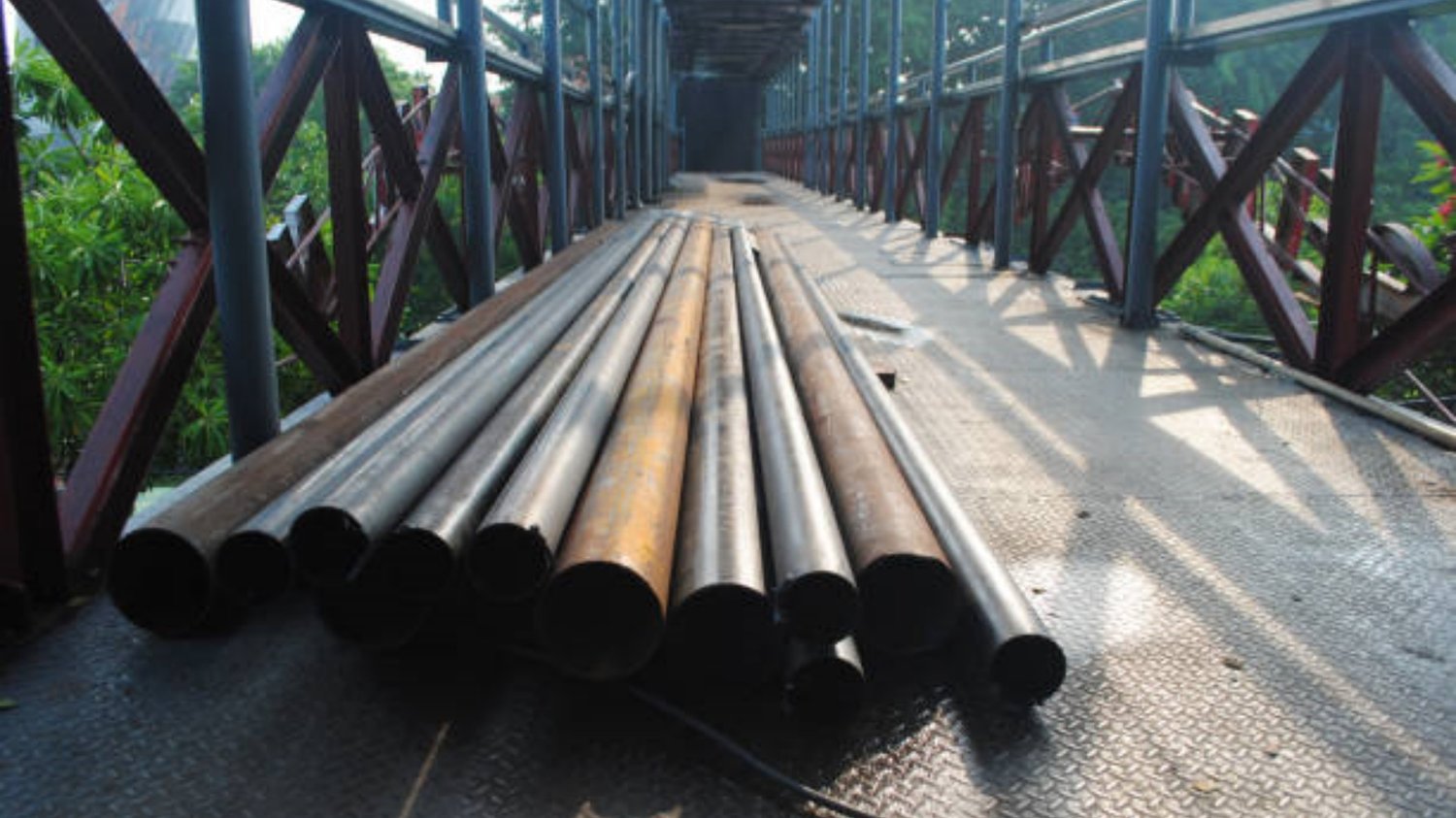History of Plumbing Pipes
Plumbing pipes used to be made of various materials in the past, including lead, iron, and galvanized steel. However, some of these pipes are no longer used in modern plumbing systems due to health and safety concerns. One such pipe material that is no longer used is...
What is the Pipe Material That is No Longer Used in Plumbing?
The pipe material that is no longer used in modern plumbing systems is lead. Lead was commonly used for water supply pipes until the 1950s. It was inexpensive, malleable, and easy to install, making it a popular choice. However, lead is a toxic substance that can leach into the water supply and cause health problems, including lead poisoning. As a result, lead pipes are no longer used and have been replaced by safer alternatives.
Why is Lead Harmful in Plumbing Pipes?
Lead is harmful in plumbing pipes because it can leach into the water supply. When lead pipes corrode or degrade, lead particles can mix with the water and be ingested by people. Lead poisoning can cause a variety of health problems, including developmental delays, learning difficulties, and behavioral problems in children. In adults, lead poisoning can cause high blood pressure, kidney damage, and reproductive problems.
How Can You Tell if Your Home has Lead Pipes?
If your home was built before the 1950s, it may have lead pipes. You can tell if you have lead pipes by inspecting your plumbing system. Lead pipes are dull gray and have a soft, easily scratched surface. They may also be bent or deformed. If you are unsure whether you have lead pipes, you can contact a plumber to inspect your plumbing system.
What Are the Alternatives to Lead Pipes?
There are several alternatives to lead pipes that are safe and effective. The most popular alternatives include:
- Copper pipes - Copper is a durable material that is resistant to corrosion and can last for decades. It is also easy to install and does not leach harmful chemicals into the water supply.
- PEX pipes - PEX is a flexible plastic material that is easy to install and does not corrode. It is also resistant to freezing and bursting.
- CPVC pipes - CPVC is a plastic material that is similar to PVC but can withstand higher temperatures. It is also resistant to corrosion and can last for decades.
What Should You Do if You Have Lead Pipes?
If you have lead pipes in your home, you should consider replacing them with safer alternatives. You can contact a licensed plumber to inspect your plumbing system and recommend the best course of action. In some cases, it may be necessary to replace all of the pipes in your home. In other cases, it may be sufficient to replace only the lead pipes.
Conclusion
Lead pipes are no longer used in modern plumbing systems due to their health and safety concerns. If you suspect that you have lead pipes in your home, it is important to take action to replace them with safer alternatives. Contact a licensed plumber to inspect your plumbing system and recommend the best course of action for your home.

